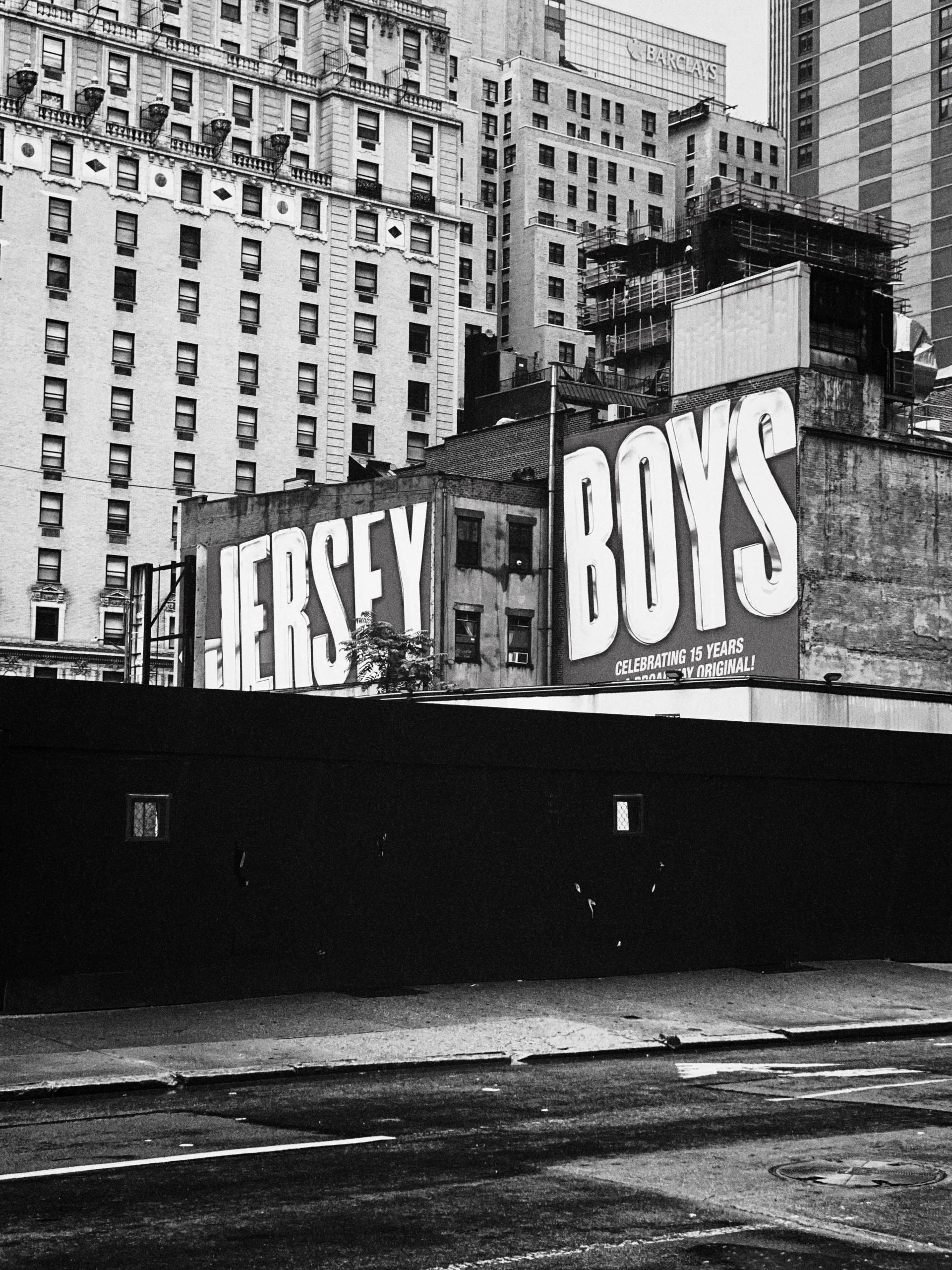A federal jury decided on November 29th that the Broadway musical Jersey Boys was an infringement of the unpublished autobiography of Tommy DeVito, a founding member of The Four Seasons, the group the show is about who is known for the song “Big Girls Don’t Cry.”
According to the Hollywood Reporter, back in the late 80s, journalist Rex Woodard befriended DeVito, while he was conducting research about The Four Seasons’ history. DeVito told him some secrets about the group that made Woodard interested in helping him write his autobiography, and they agreed to share credit and the profits. The book never ended up being published and Woodard died in 1991. In 2005, Frankie Valli and Bob Gaudio, members of The Four Seasons, brought Jersey Boys to the stage with a production team, and it was hugely successful. Shortly before the musical debuted, Donna Corbello, Woodard’s widow, decided to look into publishing the autobiography. After searching through copyright records, she discovered that DeVito had registered the manuscript in just his name. Corbello filed a supplementary application with the Copyright Office to add Woodard’s name as co-author and co-claimant, and the Office amended the registration certificate. She then filed a complaint in 2008 against DeVito, Valli, Gaudio, the writers, director and producers for accounting and copyright infringement claims.
Before all of this, though, in 1999 DeVito and Nicholas Macioci, another Four Seasons member, granted Valli and Gaudio the exclusive rights to use aspects of their lives for the musical. DeVito’s agreement included the use of “materials” such as “biographies.” The district court examined whether that meant DeVito had transferred his copyright interest in the unpublished autobiography to them.
It found that DeVito had granted Valli and Gaudio a “selectively exclusive license” to use the work and that it was not a transfer of copyright interest. The court granted summary judgment on this issue, as well as the infringement claims, finding that Valli and Gaudio had a valid license.
On appeal, the Ninth Circuit determined:
Relinquishing one’s right to exploit creatively his or her “life story,” while at the same time retaining a corresponding right over one’s written biography, would be a self-defeating endeavor. Pursuant to the 1999 Agreement, DeVito granted Valli and Gaudio the “exclusive right to use” his “biographies,” unambiguously including the Work, to create a play. Such play constitutes a “derivative work,” the right to create which resides in each copyright holder of the underlying work and may be transferred by that holder to a third party. Thus, in granting this exclusive right to create, whether classified as an exclusive license or an assignment, the 1999 Agreement constitutes a transfer of ownership of DeVito’s derivative work right in the Work to Valli and Gaudio.
This meant that the agreement was a transfer of copyright interest—not a license—and as a co-owner of the copyright, Corbello was entitled to profits from the musical. Also, the transferred copyright interest would’ve ordinarily been a defense against the infringement claims, but the 1999 agreement had a two-year reversionary clause for the rights, if no separate contractual agreement was reached with outside producers. The Ninth Circuit determined that summary judgment should not have been granted because a genuine issue of material fact existed—meaning there was actual disagreement on legally relevant facts—as to whether the copyright interest terminated due to delays that occurred during the making of Jersey Boys. The Ninth Circuit ultimately vacated the judgment of the district court and remanded the case for trial.
On November 17th, the district court found no evidence had been presented for a reasonable jury to conclude that Valli and Gaudio were aware that the writers had taken material from the manuscript, or could’ve done anything about it if they had known.
The jury found that the two-year option had indeed expired, and that 10% of the show’s success was due to infringement of the manuscript. The damages will be determined at a later date.

Where creative minds come together
The case is Corbello v. DeVito, District of Nevada, 2:08-cv-00867.
For more information on copyright infringement, please contact our firm.



